Mark Cavendish: I went from being the best in the world to one of the worst overnight
Mark Cavendish during his interview with MARCA's Nacho Labarga.
Mark Cavendish has been nominated for the Laureus World Sports Awards' Comeback of the Year prize, with the winner set to be announced in April, and he has looked back on his career to date during an interview with MARCA.
The 36-year-old is currently riding for currently rides for UCI WorldTeam Quick-Step Alpha Vinyl Team, and on Monday, February 21, he won stage two of the UAE Tour.
You are competing for the Laureus World Comeback of the Year award alongside other sports stars. What does it mean to you?
This nomination is an incredible recognition [for my comeback]. Records are not my goal; every victory is simply the result of hard work. I don't know if I will win another stage in the grand tours or who knows how many more races, I know that each one is a challenge. I am convinced that, if you persist, sooner or later you will be rewarded. I am a lucky man, I have achieved many successes, but what matters most to me will always be my family. If my experience can be an example, I am very happy with that. I had to fight for a long time against the Epstein-Barr virus and mental disorders, both underestimated and initially undertreated. To be now recovered and in this situation is great news.
Can a cyclist like you win this award?
A rider usually loses much more than he wins. There are a lot of us in a group, it's pure statistics. Cycling is not tennis where you play one against one and one wins and one loses. It's not even comparable to Formula 1 or MotoGP, to talk about other sports that I'm passionate about, where an athlete has to deal with 20-25 rivals. You are used to fighting, trying again, getting back up. It's in a cyclist's DNA. I know Annemiek [van Vleuten, another nominee for the award] personally; her dedication explains why she wins so much and has returned to the top. Our stories are further proof that we should never give up. 'Fight for what you want' is what I try to teach my children every day.
How did you deal with these problems in your day-to-day life?
Before, I was someone who didn't really believe that mental health problems were a thing. The irony that I suffered was such a good thing, because it meant I could personally talk about the fact that it is real.
But at the end of 2020 you cried because it looked like you were retiring.
I went from being the best in the world to one of the worst overnight. I was misdiagnosed and mismanaged by people I trusted in an old team and it pretty much wiped out everything physically that I had worked for, and along with that came mental health issues.
How much does your state of mind influence the world of sport?
I know there is still a stigma about it. I know it's not taken seriously. If I didn't take it seriously, I know a lot more people don't take it seriously. But I'm lucky enough to have a platform to talk about it, to speak from my personal experience and that has a lot more power. If you think you'll never make it, if you think, 'Oh, I'm strong', it's not about being mentally strong or mentally weak. It's a disease. It's something you can't control. In every interview I do, I talk about my problems because if a person can get something out of it, then it's worth it. I will talk about it because I know how damaging it can be. Not only for your life but also for other people around you.
Why didn't you ask for help before?
The hardest thing for me when I was really depressed was to talk about it. Even if you have a lot of people around you who love you, you can't explain how you feel. Mental illness changes you for life, you never really get over it, you learn to live with it. The presence of sports psychologists within teams for top athletes is important. Unfortunately, in society, relying on a specialist is still a luxury that isn't available for everyone.
What role did your wife and family play?
That I still have a family after what my job takes away from me, after my life was turned upside down with physical and mental illnesses, is fortunate. That I still have my family is the biggest victory I could hope for. That's for sure.
In 2021 you returned to Quick-Step, did well on the Tour and won four stages to match Eddy Merckx. Did you expect such a Tour?
Last year I was asked a lot about the all-star line-up, but there's a difference between the all-star line-up and you go to every star and burn your hands to line them up As an athlete, I can cry about my hard times, but that's what a comeback does, when you've had hard times. I'm fortunate to have been able to come back like this. A lot of people are in a position where they are still struggling. All I can say is don't give up.
Will you be in the Tour this year to beat the Cannibal?
I don't know. I'm in the Emirates now and I don't know if I'll be in France. I've already said that I'm not trying to beat someone else's record. I just try to win as much as I can whenever I can. Whether I beat him or not is more of a journalistic question, I only think about winning as much as I can.
Do you plan to return to LaVuelta before retiring?
I like racing in Spain. Obviously, what I do depends on the objectives of the team. There are 30 riders in a cycling team. It will depend on the guidelines of the team. I think I did well in 2010. I'm happy I was able to get results there. If it suits us, I could come back in the future.
How do you feel about cycling here?
I really like the Spanish fans, especially in the Basque Country. Cycling is very popular there. Also, the 2023 Tour will start there. It's going to be very exciting. When you race the Tour and you go through the Pyrenees you realise that the Spanish fans, the Basque fans, are the loudest and the most interested. It's always exciting to race there.
Finally, what's so special about cycling for you?
Thanks to the charity Qhubeka I learned that a bicycle can make the difference for a child between going to school or not, for a doctor between being able to save a life or not being able to get there in time. Regardless of the current ecological and sustainability issues, pay attention, anyone who rides a bike is smiling. This alone can certainly make the world a happier place to live in.


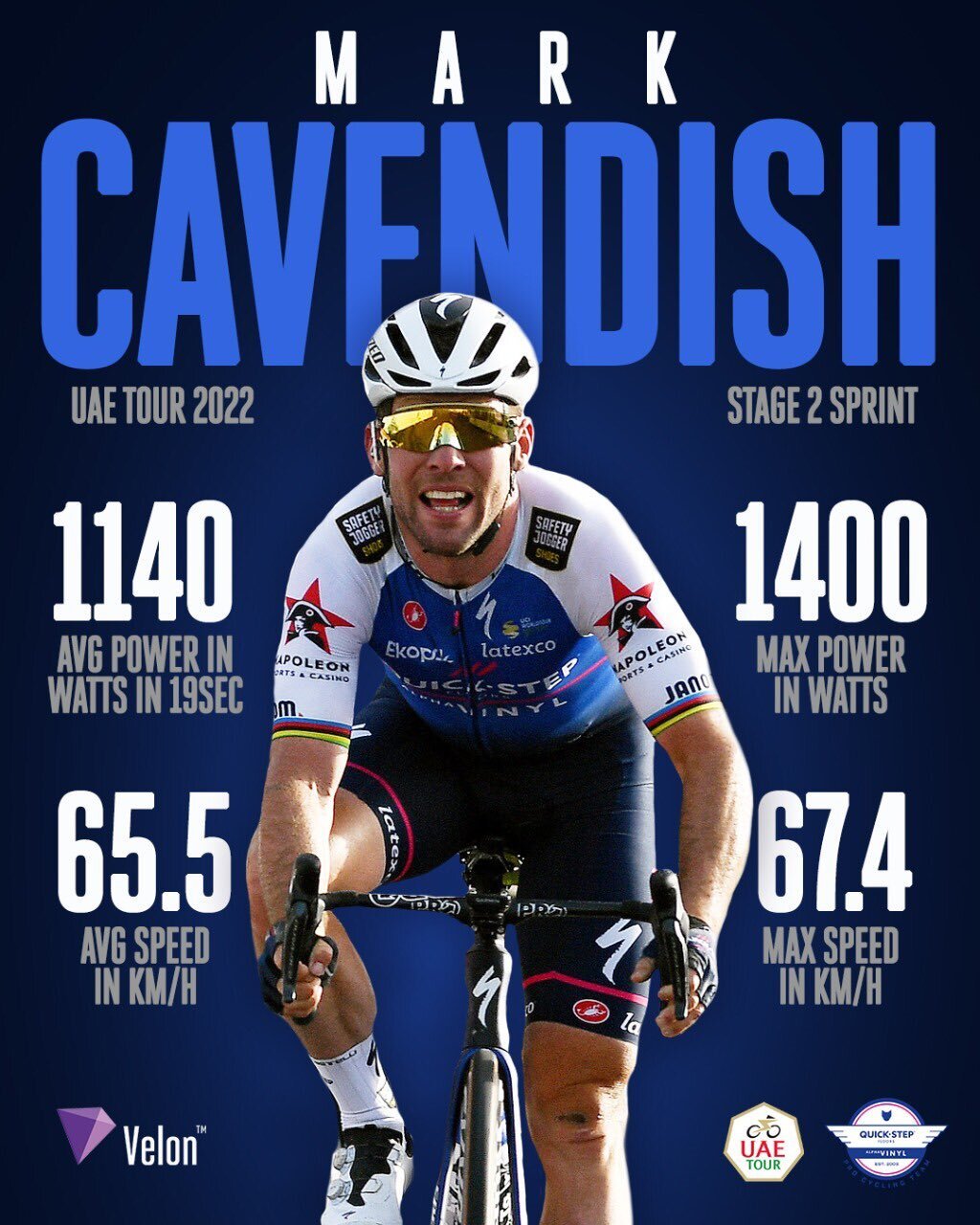
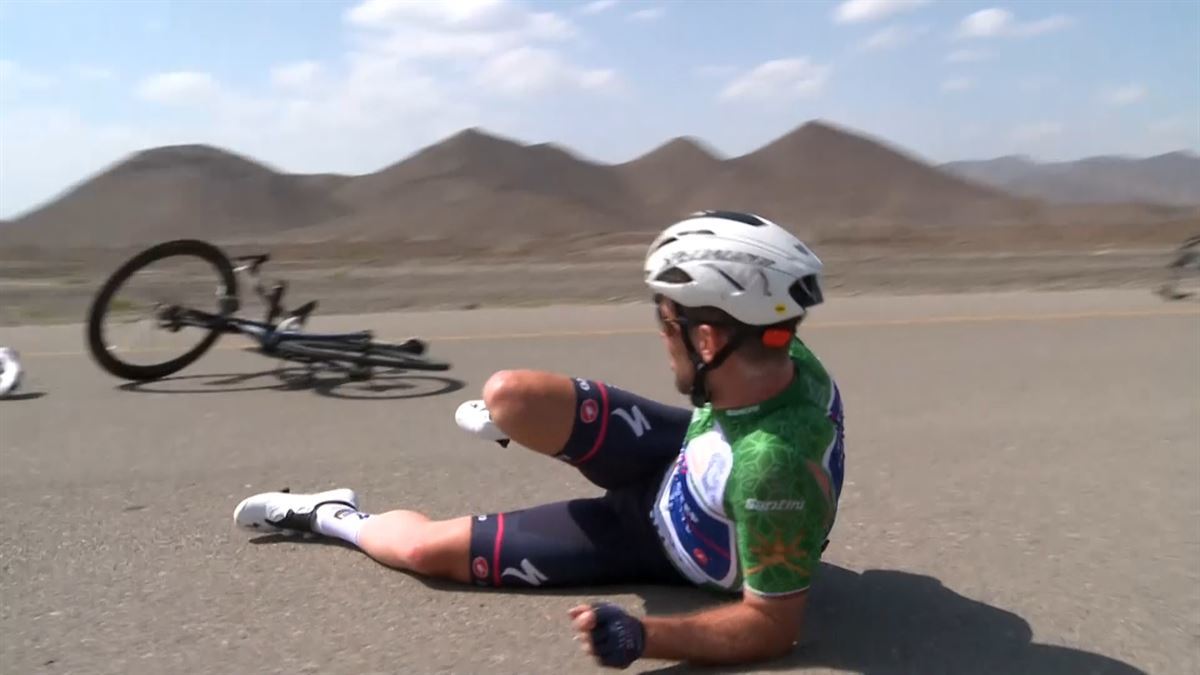
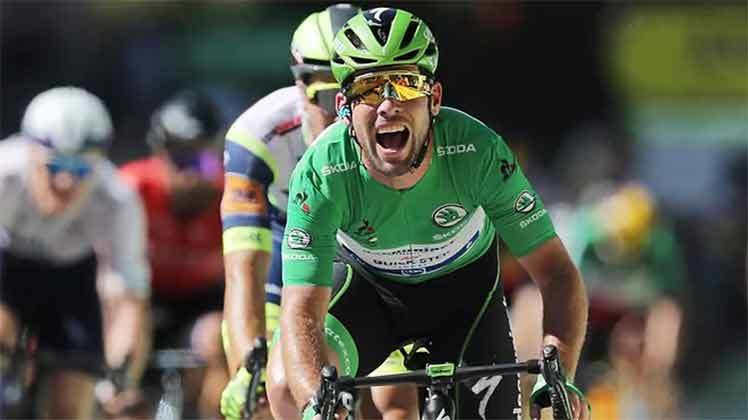
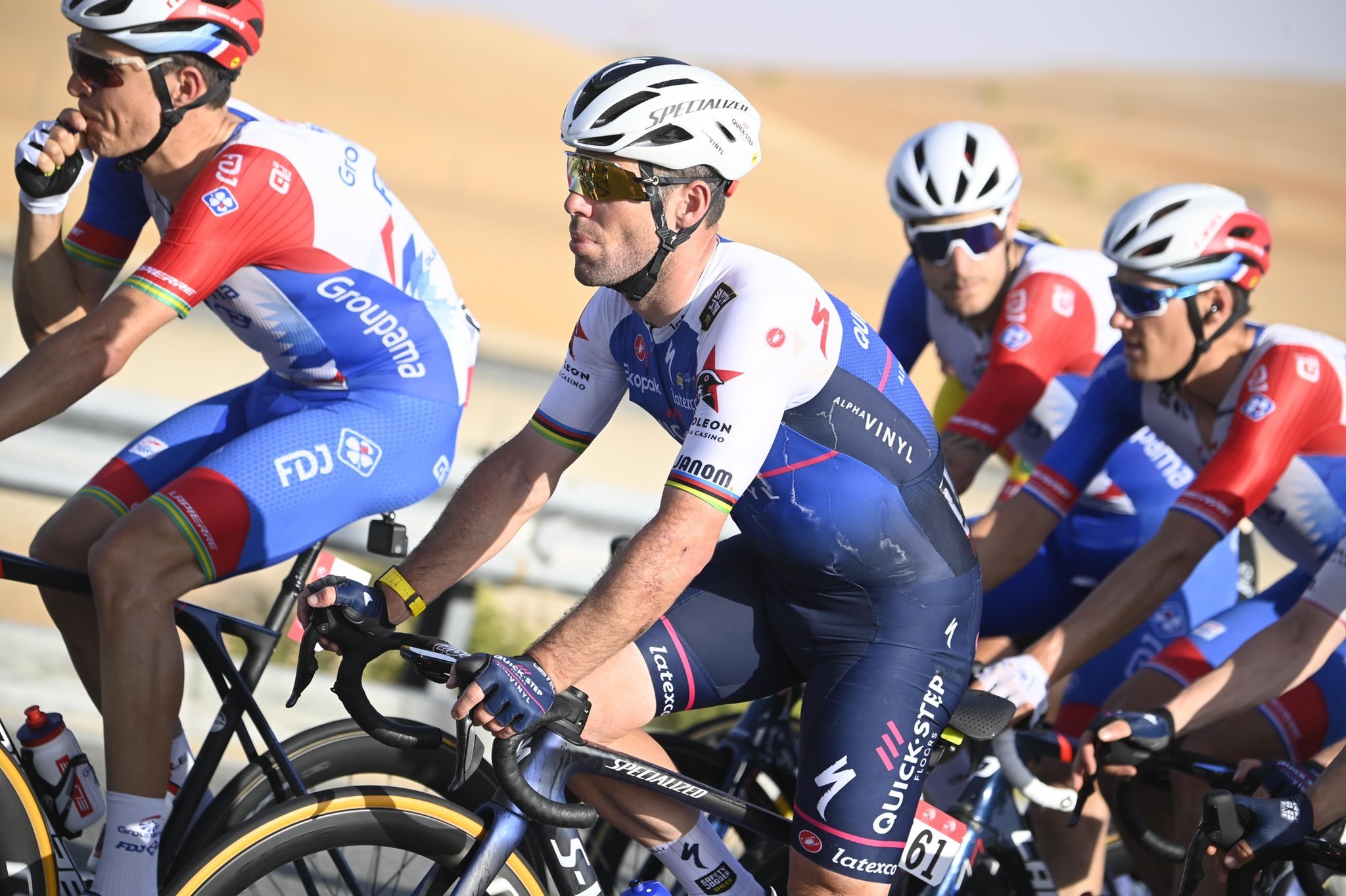
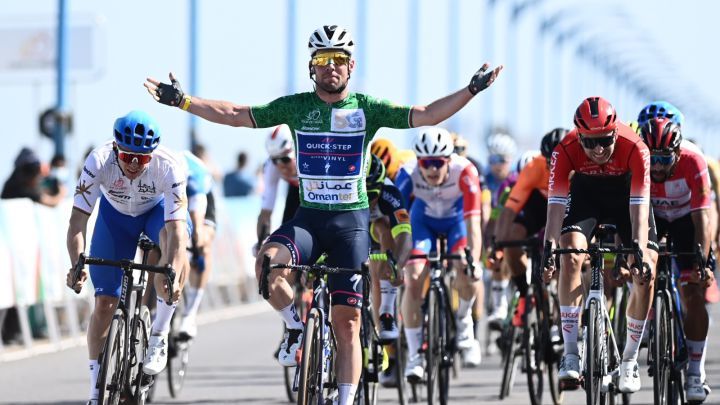




Post a Comment